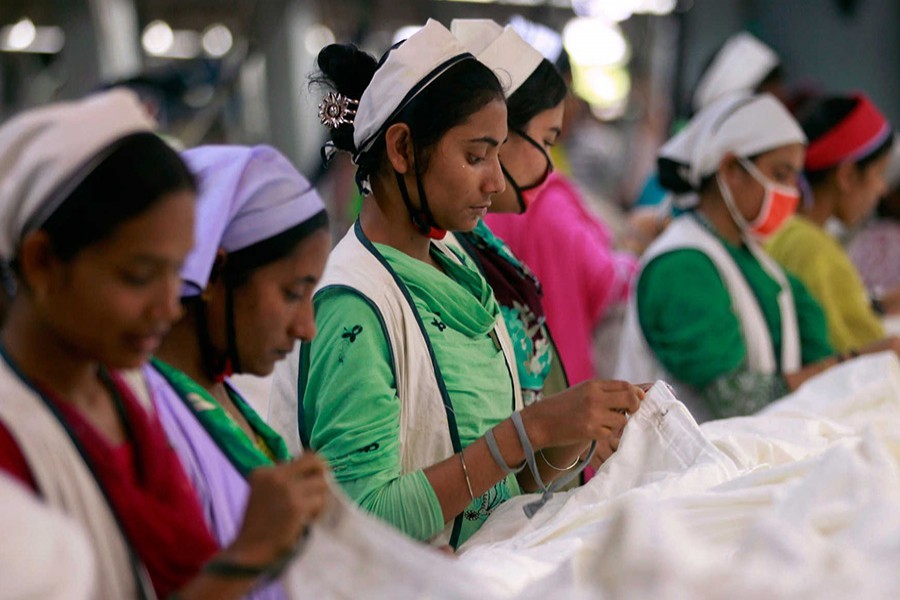More than 180 global apparel brands have warned that any premature shutdown of the Accord might lead them to reconsider Bangladesh as their sourcing destination.
The brands currently sourcing apparel products from here have already signed the 2018 Transition Accord.
More than 220 brands are signatories to the existing Accord on Fire and Building Safety in Bangladesh.

"The premature shutdown of the Accord, leaving workers in unsafe circumstances, would jeopardise the brands' ability to source from a safe industry," said an Accord statement on July 27.
"This [shutdown] may make them reconsider sourcing decisions and review the reputational risk of Bangladesh as a sourcing country," it added.
According to the statement, the observations were made during the fourth review meeting of the Sustainability Compact held in Brussels on June 25.
Representatives from European Union (EU), United States and Canadian governments, European Parliament member, International Labour Organisation (ILO) and Accord brands and unions attended the meeting.
The meeting was told that it is in the crucial interest of the signatories to the Accord that the work of remediation, which started in May 2013, is completed.
The Bangladesh government implements a sustainable and adequate national regulatory structure to regulate workplace safety in its garment industry.
Acknowledging progress on safety compliance, compact partners stressed that the remediation coordination cell (RCC) is at its earliest stages of development.
It also suggested that the Accord need to continue its operations in Bangladesh until the RCC is deemed ready.
In the last five years, the statement said, the Accord has delivered a robust, high-quality, transparent and inclusive system.
The Accord has made substantial progress to achieve the safety of workers in Bangladesh's most important export industry, it added.
But the work is not finished yet and the national structure is not prepared yet to credibly take over the work of the Accord, it added.
A transition monitoring committee was formed with representatives from government, BGMEA, brands, union signatory and ILO last year.
The panel was aimed at assessing the preparedness of the national remediation structure to sustainably take over the work of Accord, it said.
Only when the RCC is ready to take responsibilities for worker safety based on the previously agreed criteria, the Accord will wind down its activities.
The majority of the partners widely endorsed this position of the Accord representatives in their statements and interventions, the statement added.
In July 2013, soon after Rana Plaza collapsed, the EU, Bangladesh and ILO signed the compact to improve labour rights and factory safety in the garment industry.
The US and Canada joined it later.
The Accord is mostly led by EU-based brands, buyers and trade unions, and the Alliance for Bangladesh Worker Safety led by North American apparel brands.
The two platforms were formed to improve workplace safety for five years.
The tenure of both Accord and Alliance ended in July. The government allowed six more months for them as transition period.
The statement quoted US envoy Marcia Bernicat as urging Bangladesh to "maintain a collaborative approach to the Accord as it continues to assess when -- not if -- it can transition to a Bangladesh-led programme."
"It is critical to the safety of millions of workers and the productivity of factories that that assessment should be made fairly and objectively, and without artificial time deadlines."
It also quoted US Department of State's foreign affairs officer Amy McGann: "There is no alternative to the Accord and Alliance. The RCC only began one year ago and is not fully-staffed yet."
"As we saw from the Alliance and the Accord, it takes years to develop a fully functional safety organisation. It is not surprising that the RCC is not quite ready to take on the work."
When asked, ILO Bangladesh Country Director Tuomo Poutiainen said the changes so far made are not sustainable, although they are on good direction.
Regarding the RCC, he said it cannot become effective overnight and in a year.


